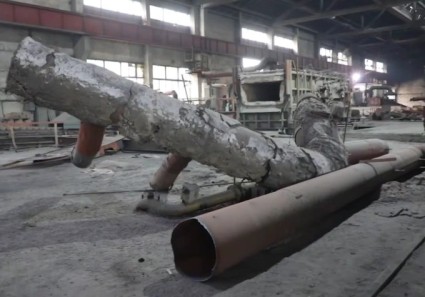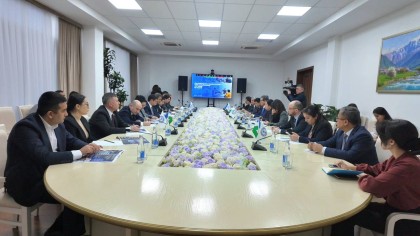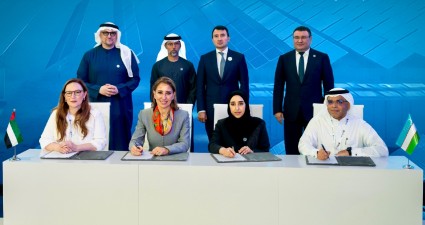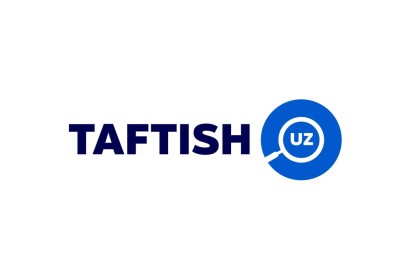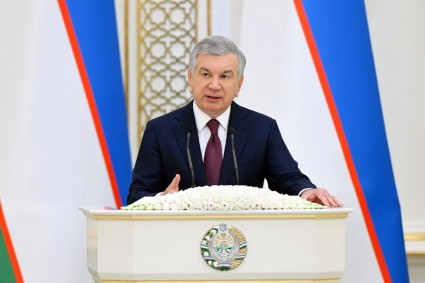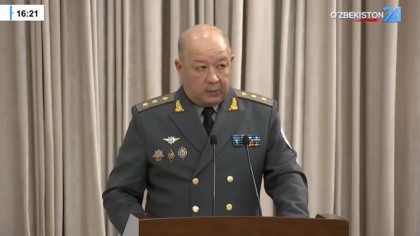The president Mirziyoyev signed a Decree on September 24 approving the Program of urgent measures aimed at improving the quality of air in Tashkent. The program includes the following:
- development of environmental master plans for Tashkent and each of its districts;
- ensuring comprehensive priority for public transport under the slogan "City for pedestrians";
- creation of vehicle-free zones on streets with landmarks;
- creation of artificial ponds in order to ensure a moderate microclimate and a positive impact on air quality;
- installation of modern dust collection and gas cleaning equipment and replacement of outdated equipment at industrial enterprises.
Modern air quality monitoring system
The program plans to equip the divisions of the Ministry of Ecology, Environmental Protection and Climate Change with 30 gas analyzers to determine the level of air quality in the fall of next year.
25 new automated background monitoring stations will be purchased for the capital in 2025-2026, which will cover the entire territory of the city.
Next summer, monitors and boards for prompt display of information on air quality and weather are planned to be installed in 20 places in Tashkent.
Over the next two years, air monitoring stations will be purchased in the protected zones of industrial enterprises of Tashkent and the capital province of the 1st category of environmental impact. These enterprises will also be equipped with dust collectors and gas cleaning units.
Around 173 industrial enterprises of the 1st and 2nd categories in the Tashkent province and 30 enterprises in the capital, "green belts" will be created with the planting of 1.3 million and 300 thousand tree seedlings, respectively.
When storm warnings are announced due to adverse weather conditions, large enterprises and organizations will introduce a temporary reduction in production capacity (except for enterprises with a special regime and strategic facilities) - from 15% to 60%.
Greenhouses heated by coal must be equipped with dust and gas collection equipment with a purification level of 99.5% within the next year.
Reducing the impact of motor vehicles on the air
In 2025-2027, it is planned to implement measures to gradually phase out the sale of motor fuel with an environmental standard lower than Euro-4. To this end, the Bukhara and Fergana oil refineries will undergo deep modernization and the import of fuel of the Euro-2 and Euro-3 standards will be banned. The ban on the use of low-standard fuel (including the most common AI-80 gasoline, which meets the Euro-2 standard) is scheduled only for 2028. Earlier, it was reported that there were plans to ban the production of AI-80 gasoline from 2025.
In 2025-2027, public transport in Tashkent will gradually be transferred to electricity and natural gas only.
Ensuring the priority of public transport is planned for 2025. For this purpose, it is planned to create dedicated high-speed lines for buses (BRT), introduce priority passage of public transport at intersections, reconstruct stops for safe and barrier-free movement of passengers, and organize, if necessary, transfer places.
Improving air quality
In order to ensure a moderate microclimate and a positive impact on air quality, it is planned to create new artificial reservoirs and lakes near social and cultural sites in densely populated areas. For this purpose, it is planned to involve business entities and private businesses.
In 2024-2026, it is planned to allocate 441 hectares of land to create a "green belt" in Tashkent.
Employees of improvement departments will undergo advanced training courses on the correct pruning of trees and shrubs.
Individuals and legal entities who plant trees and shrubs on their own initiative will be encouraged with a property tax benefit.
It was previously reported that, according to the same resolution, the use of fuel oil for generating heat and electricity will be prohibited in Tashkent and the adjacent territory of the Tashkent province from 2030.
while, starting from the autumn-winter season of 2025, the use of fuel oil as a reserve fuel by heat and electricity generating enterprises will be permitted only on the basis of a resolution of the Cabinet of Ministers, adopted annually based on weather and technological conditions.
To reduce the negative impact on the environment of coal fuel used in more than 1,200 greenhouses around Tashkent, dust collection and gas cleaning equipment will be installed. Greenhouse farms will be allocated subsidies for the installation of such equipment.
The Ministry of Ecology reported on the development of a plan of urgent measures to improve air quality in Tashkent and other provinces of the country in January of this year.



